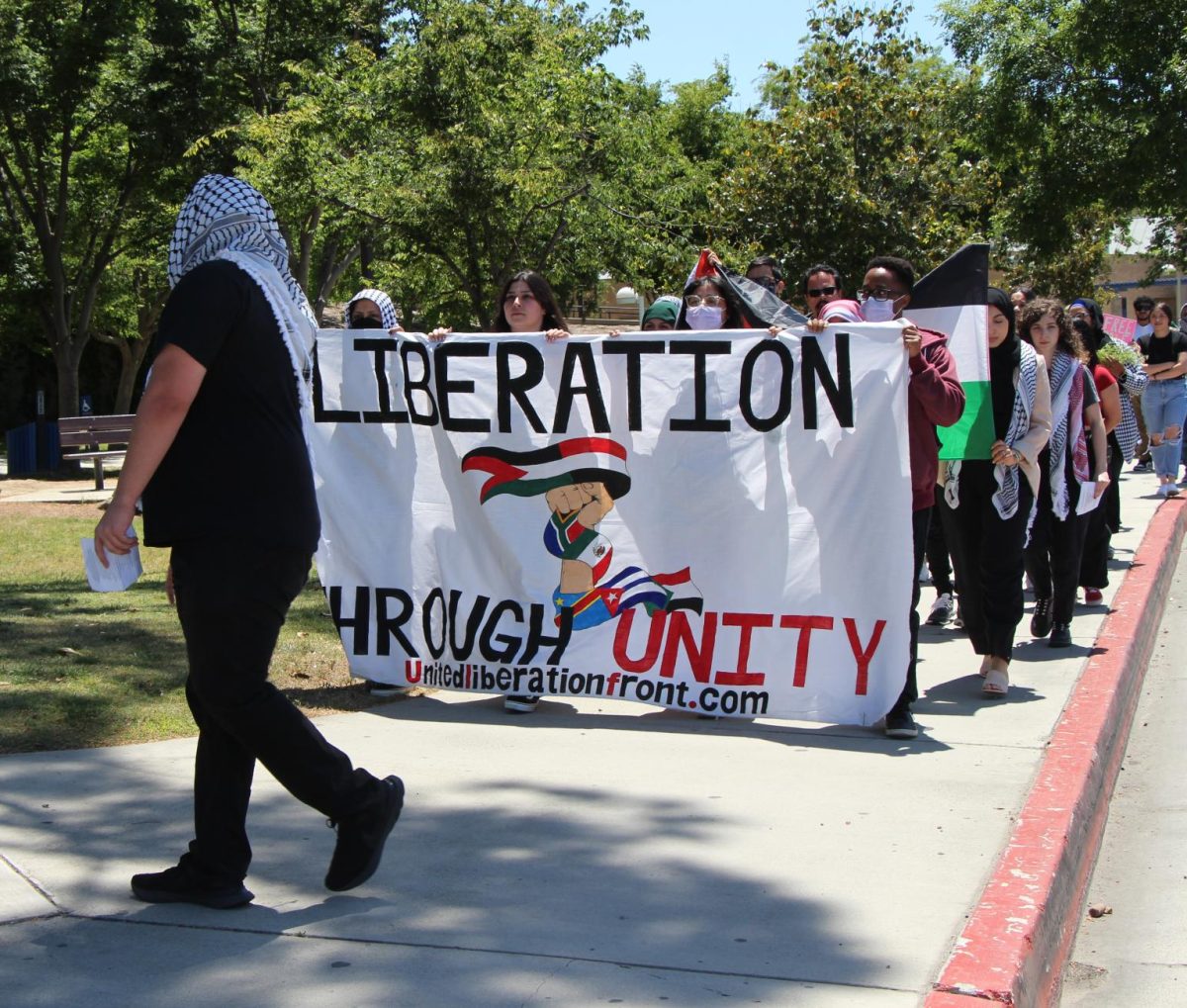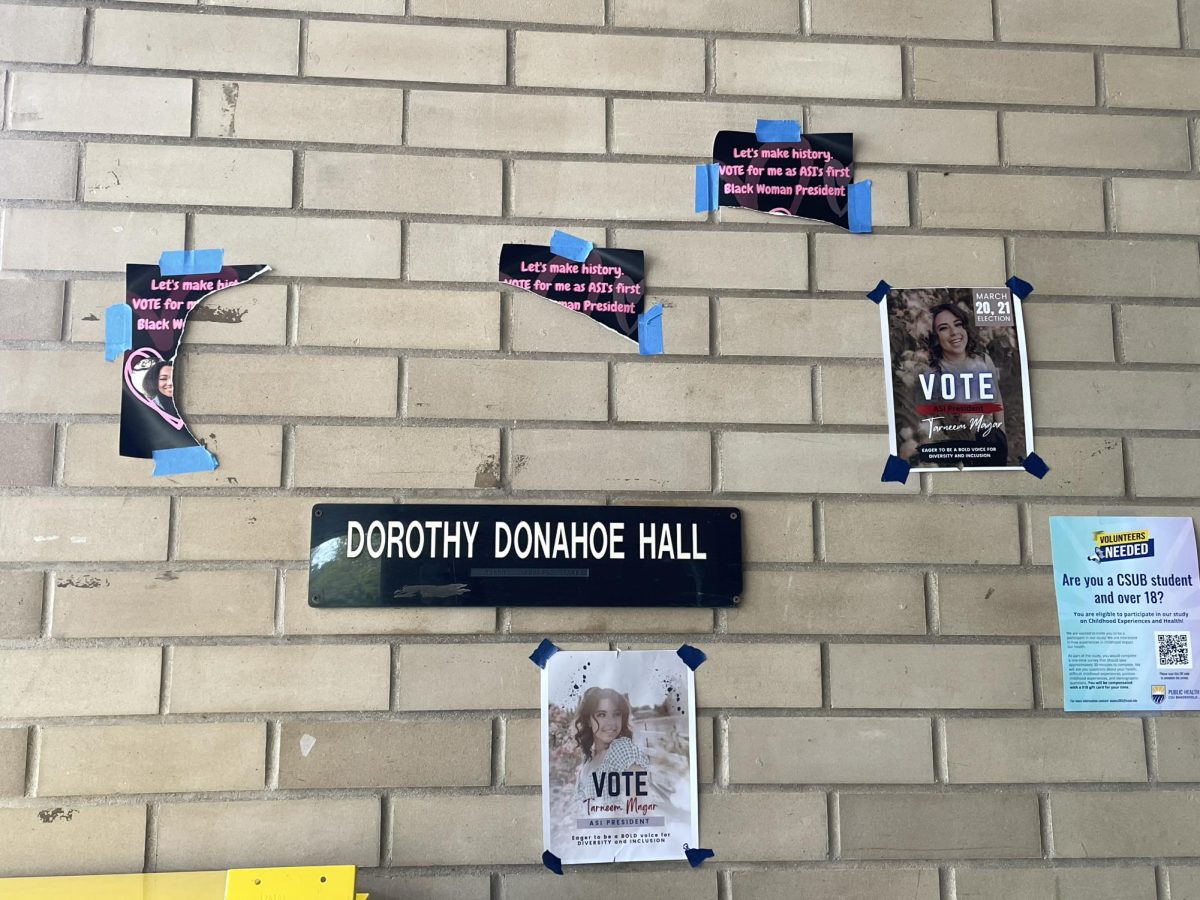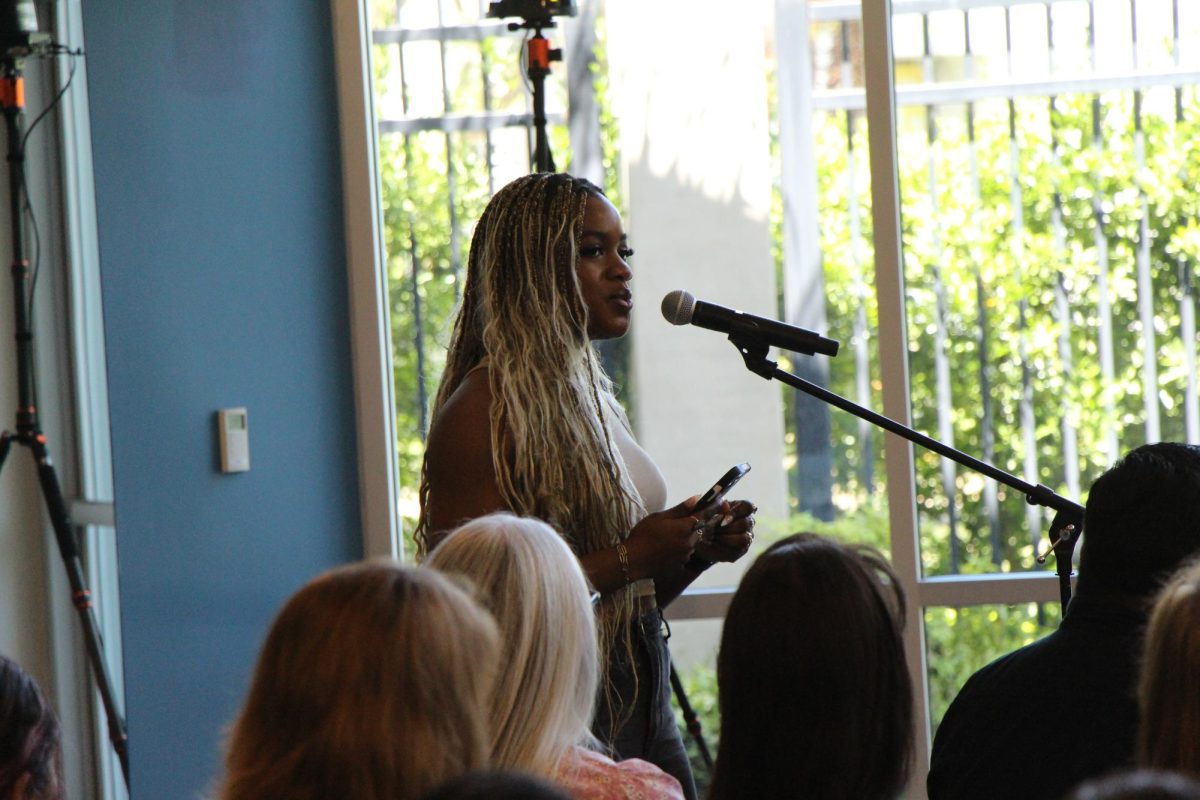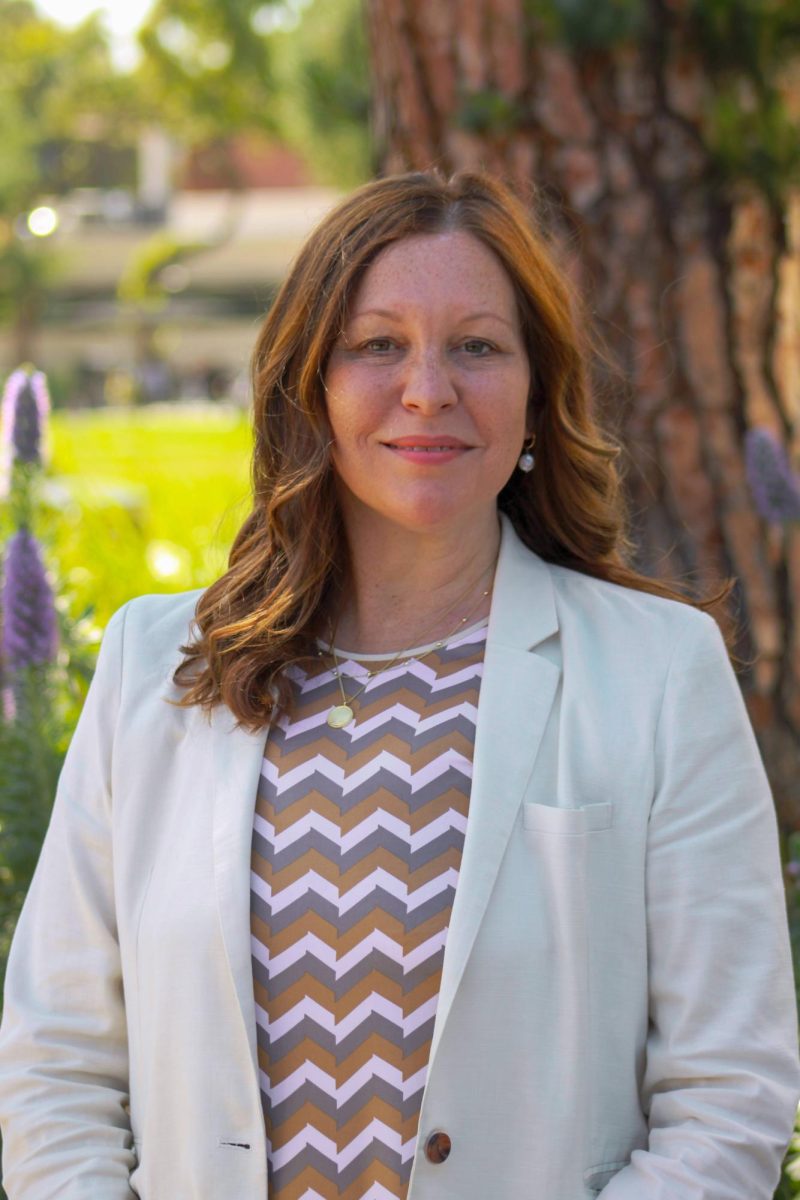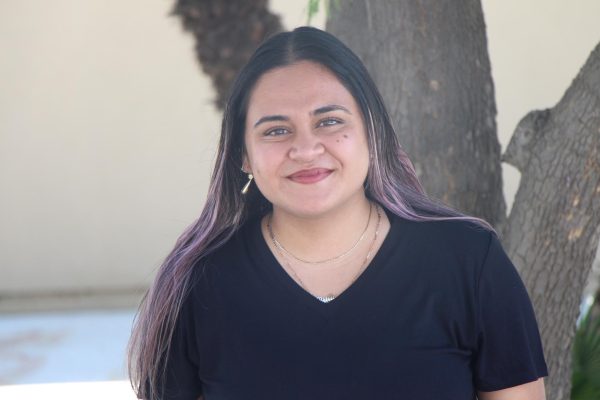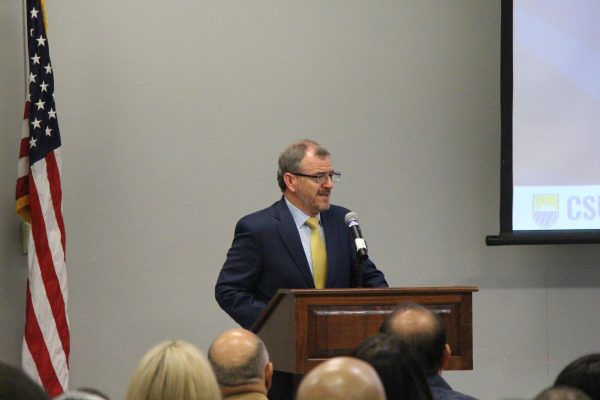
Thom Davis, Vice President and Chief Financial Officer and Dr. Di Wu, Chair of the Academic Senate Budget and Planning Committee, hosted California State University, Bakersfield’s annual Spring 2024 Budget Open Forum on March 18.
CSUB is planning to reduce the net operating budget by a little over seven percent for the 2024 to 2025 year budget.
“We’re being asked to do more with less,” said Dr. Thomas D. Wallace, Vice President for Student Affairs, regarding next year’s budget.
Davis explained that three percent of the reduction is expected due to enrollments being less than they have been in prior years. One percent of the decrease is due to reserve contribution.
The remaining three percent decrease is due to the compensation increase that was awarded to faculty. Of the five percent increase faculty received, only two percent was funded by the state and each individual California State University campus was asked to pay for the remaining three percent increase.
Davis explained that moving forward they will be more careful regarding new hires and that they expect to slow down their recruitment process.
“Whatever cause saving measures we need to be upfront about it. If we are going to do things such as lay off faculty, we need to say so early so our faculty can find time to look for other jobs,” said Dr. Tracey Salisbury, Department Chair for Ethnic Studies.
Salisbury says she hopes to see more transparency from the school so that they can work together and focus on improving CSUB.
Another issue addressed during the forum was the timing of reimbursing faculty for things such as travel conferences and business. Some faculty members have had to wait months for reimbursement.
“Thom, I’m telling you right now, you have a problem here,” said Salisbury.
“It’s been going on for years. I have heard faculty after faculty, we had to start filing grievances to get paid,” continued Salisbury.
Salisbury explains that “getting things signed on time has been the problem.”
She says it’s currently the biggest faculty issue and that faculty is very upset.
“We are all committed to make sure that everyone gets the funds back as quickly as possible,” said Interim President Dr. Vernon B. Harper Jr.
Davis also explained that we are currently in the 2023 to 2024 budget year, which ends at the end of June. The CSU base budget for the current year is eight point one billion. Five billion funded by the state and three point one billion is generated by the tuition and fees charged to students.
Looking at the budget update for 2024 to 2025, in Sept. of 2023, the Board of Trustees adopted a base budget increase of $557.4 million over the current base budget. The CSU suggests that the operating expenses will go up by $499.9 million. The other $57.5 million consists of the money they are expected to give students as financial aid due to the tuition increase.
Of the $499.9 million increase the CSU expects, $299 million will be required for workforce investments, this includes salary increases. $108 million will cover institutional support, such as increased costs for supporting Title IX, maintenance of new facilities, insurance, debt service on academic facilities, among other things. $55 million was requested from the board of trustees to continue with their commitment to student access and enrollment. $30 million represents the Graduation Initiative 2025 and seven million for student’s basic needs and mental health.
In Jan. 2024, the governor proposed a state compact budget of $240.2 million to help the CSU with expense increases. However, his proposal is to defer the compact to the end of the 2025 to 2026 fiscal year.
This means that instead of receiving the $240.2 million during the 2024 to 2025 year, the governor suggests the CSU funds that money with their reserves and at the end of the year he would offer a refund.
Even with the governor’s compact, CSUB has a budget deficit of about $58.9 million.
There will be a budget revision in May, when the governor will look at what happened from Jan. to May and then suggest another budget. The final budget for 2024 to 2025 will arrive at the end of June.
During the forum, Davis discussed critical capital renewal also known as deferred maintenance. He explained that systemwide, the CSU has a backlog of seven point four billion of deferred maintenance whereas CSUB has a backlog of $155.3 million.
The backlog includes costs for roof replacements, waterlines, building maintenance, among other things. CSUB is currently addressing the one point nine million of that backlog.
Looking at the operating reserves allocation, CSUB currently counts with about one month of operating reserves whereas the CSU system has about 1.32 months. In prior years CSUB has had stronger reserves positions but the reserve took a dip due to CSUB using their reserves to help sustain their financial position and help mitigate reductions campuswide.
CSUB is in a similar position as other CSU campuses regarding the operating reserves. Davis assures that they are trying to come up with a way to improve the reserve position.
Wallace says that the priority is student needs and that are paying close attention to meeting those needs.
“I hope we continue to put our case out to the people in the state of California, that we could get funding, greater funding for our universities,” said Wallace.





